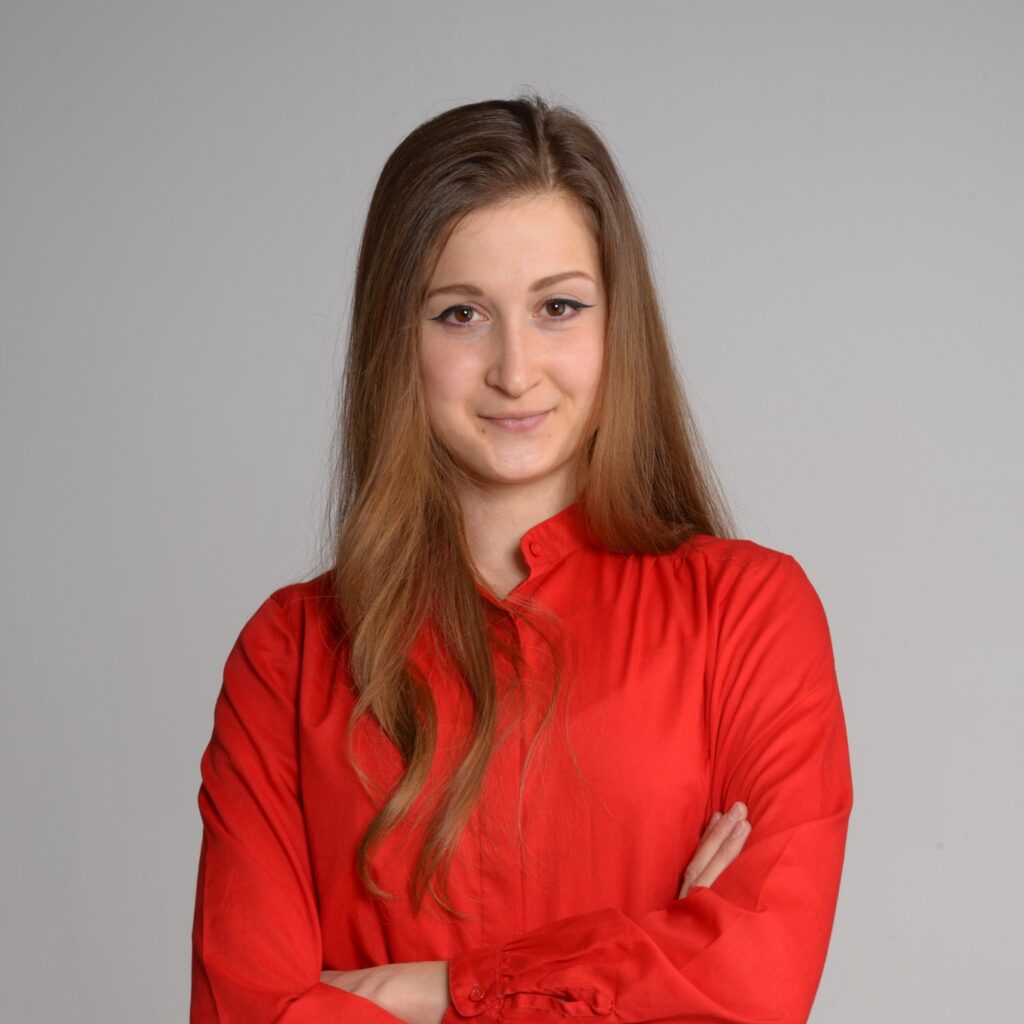Subscribe
Sign up with your event invitation and other most wonderful updates.
Copyright 2025 © All Rights Reserved AndroidMcGregor.com

Emma Sicher is a designer passionate about biomaterials and foods created with microorganisms. She graduated in Eco-Social Design from the Faculty of Design and Art at the Free University of Bozen-Bolzano and worked as a research assistant at Design F(r)iction Lab. Her pioneering transdisciplinary approach weaves together design, microbiology, and anthropology to explore relational practices for resilience.
Emma’s experimental doctoral research is situated in the fields of Material and Bio-Design, focusing on SCOBY (Symbiotic Culture Of Bacteria and Yeasts), a highly versatile source of cellulose obtained through fermentation with edible, non-edible, and health-promoting application potentials. Her research examines practices of growing SCOBY to generate relational and biodiverse materials. This investigation employs mixed methodologies, from systematic scientific work in microbiology laboratories to multi-sited focused ethnography in Germany, Crete, and Thailand.
Her thesis, supervised by molecular microbiologist Prof. Dr. Regine Hengge (MoA, HU Berlin) and architect Prof. Dr. Markus Holzbach (HfG Offenbach), resonates with »new materialism« and multispecies studies. It highlights microbial biomaterials as interactive elements entangled in ecological and socio-cultural fluxes, emphasizing their potential to promote biodiversity by weaving contemporary biotechnologies and distributed cultural-technical knowledge.
Solid Foam from Bacterial Cellulose
An alternative biomaterial made with microbes and discarded resources
These samples of solid foam are made from bacterial cellulose, a “grown” material. Bacterial cellulose can be produced by a Symbiotic Culture of Bacteria and Yeast (SCOBY), which is commonly used in Kombucha brewing, an originally Manchurian fermented tea beverage. Unlike plant-derived cellulose, which requires lengthy growth cycles and significant amounts of resources, bacterial cellulose can be produced starting from plant-based infusions. Discarded fruit and vegetable rests can also be used in the process promoting regenerative manufacturing models. Bacterial cellulose is a versatile material that can be transformed into sheets, powders, hydrogels, or, as displayed here, solid foam. It exhibits excellent mechanical, chemical, and tensile properties, making it suitable for sustainable packaging, biomedical applications, and even edible applications.
The displayed samples embody an alternative to highly polluting synthetic foams like polystyrene. They are created from discarded Kombucha SCOBY, demonstrating how this byproduct can be transformed into a compostable material with remarkable properties. Showcased with an abstract bubbly shape, they suggest possible applications in packaging and food. SCOBY naturally decomposes, avoiding the long-term implications posed by conventional foams especially the ones used in packaging and insulation applications. Speculatively, SCOBY foams could be locally produced recovering fruit and vegetable industrial rests, advocating for circular distributed economies and promoting a more efficient use of resources.
The protocol to obtain SCOBY-based solid foam was developed during the InnoCell Project by Design Friction Lab at the Faculty of Design and Art of the Free University of Bozen-Bolzano. The displayed samples were created by designer Emma Sicher in November 2024 at the Hengge Lab, Department of Microbiology at Humboldt-Universität zu Berlin. The making was supported by the Cluster of Excellence »Matters of Activity. Image Space Material« funded by the Deutsche Forschungsgemeinschaft (DFG, German Research Foundation) under Germany’s Excellence Strategy – EXC 2025 – 390648296.
Sign up with your event invitation and other most wonderful updates.